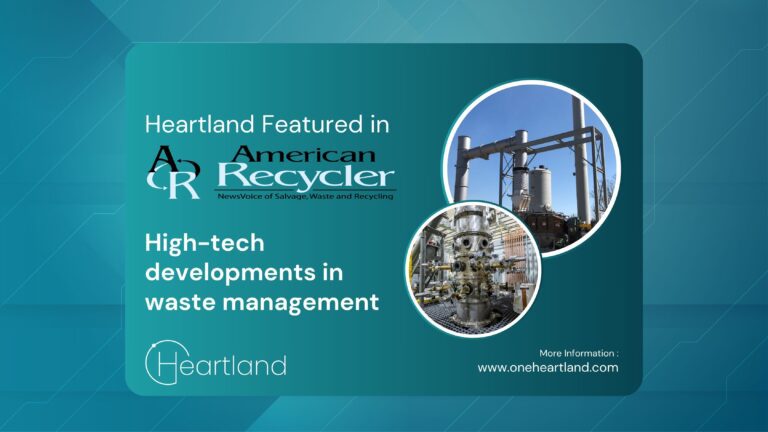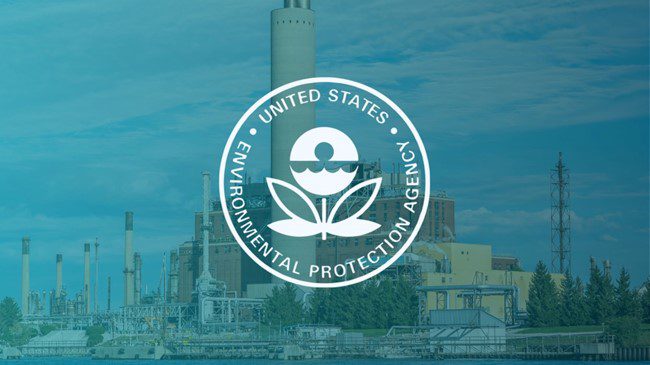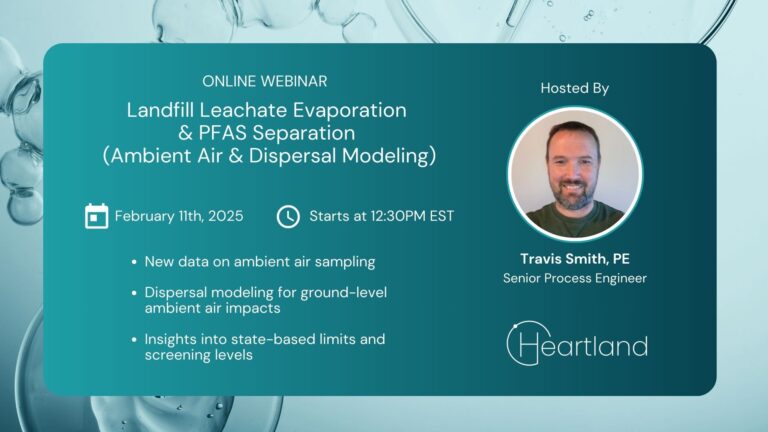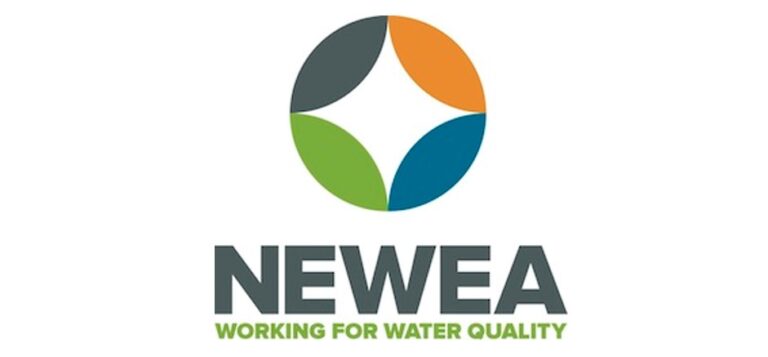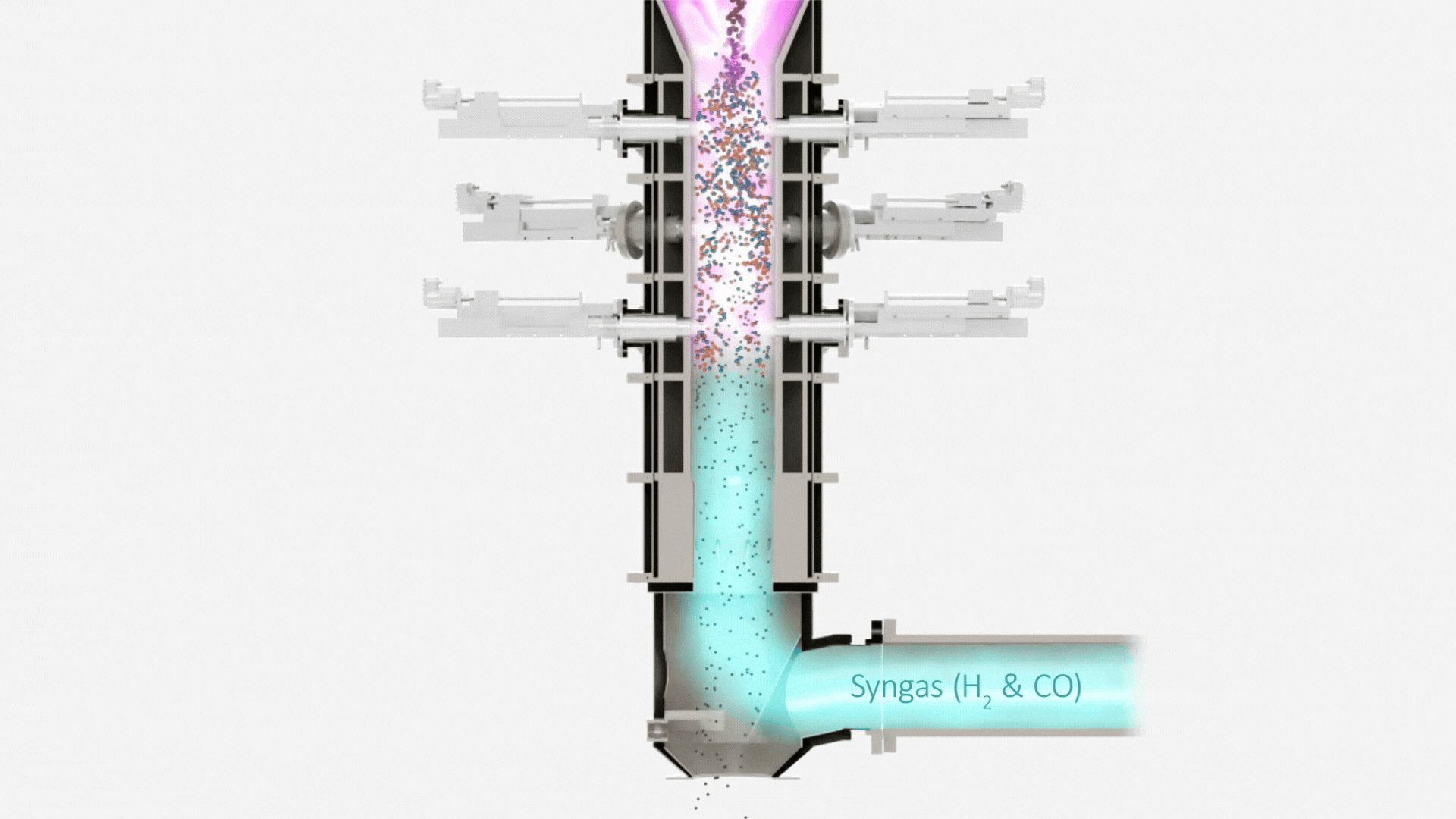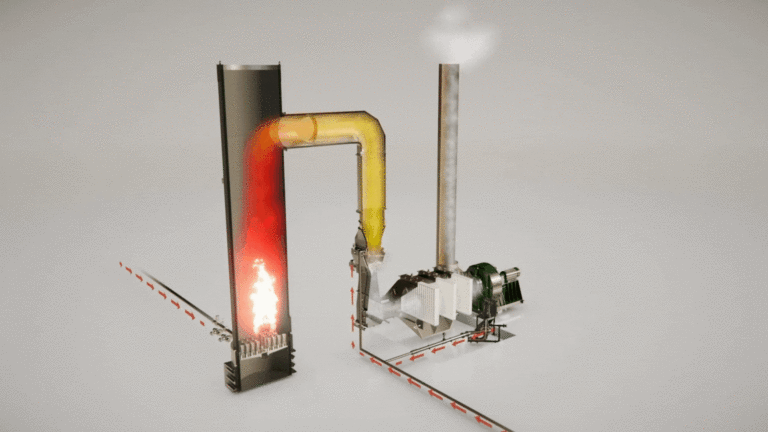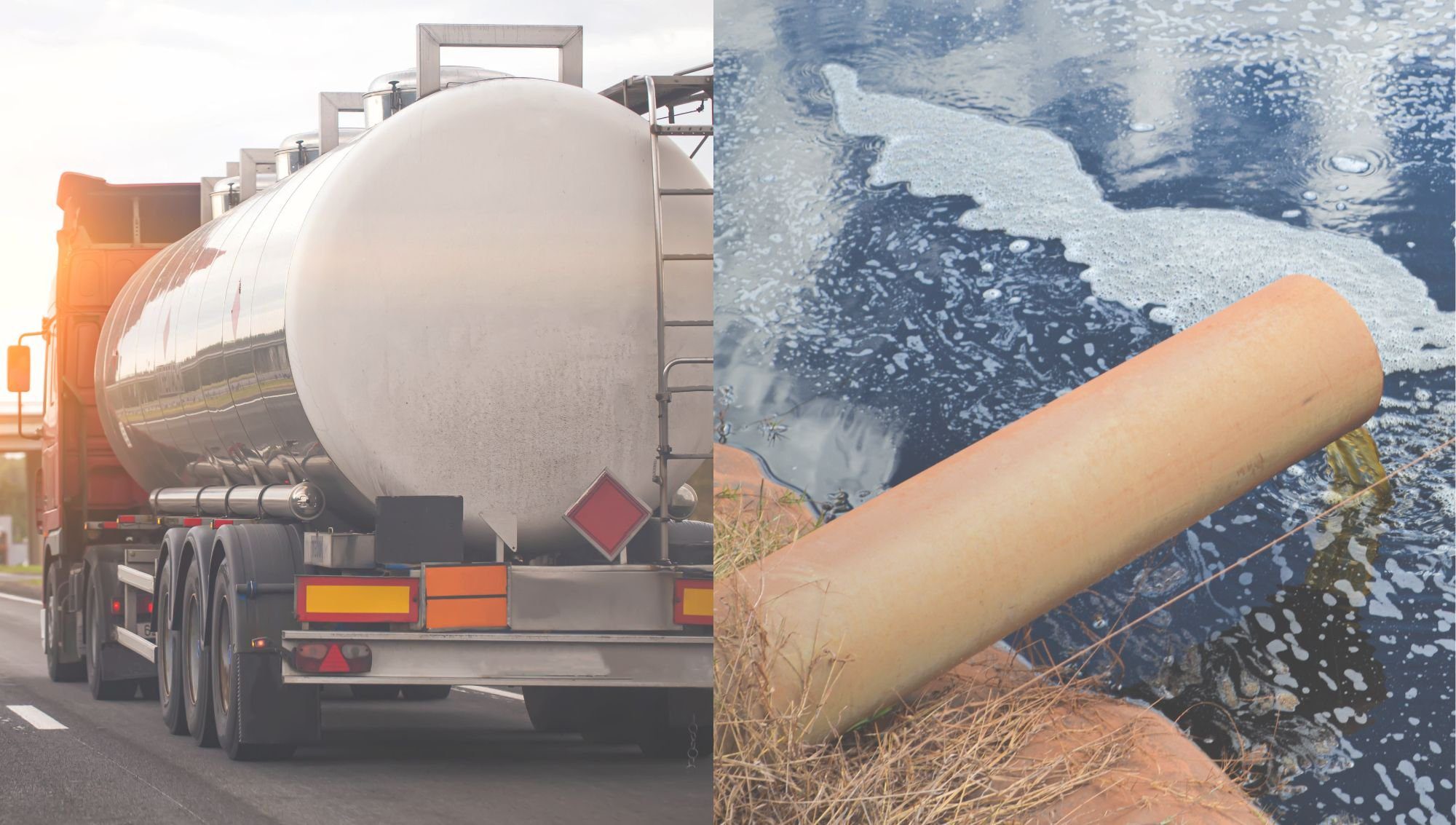
Leachate has long posed a significant challenge for waste management facilities. Traditionally, the industry has relied on hauling leachate offsite for treatment. Escalating costs associated with trucking and tightening regulations have caused treatment plants to cut off leachate, spurring a shift towards onsite treatment. Evaporation is an effective solution for long-term leachate management. By minimizing off-site trucking and treating on-site operators reduce disposal costs
Rising Costs of Trucking
Over the years, expenses related to transporting leachate to treatment plants have continued to mount, placing an ever-increasing economic burden on waste management facilities.
In the MSW Management article Rising Cost of Trucking and What You Can Do About It, Heartland’s Executive VP of Operations David Howard Jr. discusses triggers behind increasing trucking costs and his experience managing landfills for over 25 years. David illustrates the 27.1% increase in trucking cost comes from several factors including fuel costs and an industry-wide commercial driver shortage. The rising cost of fuel, coupled with the need for specialized equipment and licensed haulers, has driven up transportation costs significantly. Additionally, stringent regulations governing leachate disposal have made it increasingly challenging to find appropriate treatment facilities willing to accept the waste which may mean. These factors have led to substantial hikes in hauling fees, straining the financial resources of waste management companies.
Increase Risk of Disposal Cut Off
The MSW Management piece Who You Gonna Call? by Heartland’s Chief Business Development Officer John Weigold and Senior Process Engineer Travis Smith discusses the increasing number of wastewater treatment plants (WWTPs) cutting off landfill leachate and reasons behind the decisions noting “WWTPs are wrestling with three major issues with respect to landfill leachate: Contaminants of Emerging Concern [PFAS particularly], Nutrient Loading [nitrogen especially important], and the negative impact on UV Disinfection.” As public PFAS concerns grow and liability risks increase, many landfill operators face increasing disposal uncertainty. The risk of an abrupt cut-off is forcing them to evaluate new treatment strategies.
Evaporation: Minimize Trucking & Off-Site Disposal
The issues of trucking costs and disposal cut-off continue to pressure the industry and don’t show any signs of relief. Fortunately, there are proven alternative solutions available to treat on-site. That is where leachate evaporation comes in. By managing leachate directly on-site, landfill operators can greatly reduce and minimize any need for off-site hauling and treatment, giving landfills the power to control their own destiny once again. A natural PFAS separation technology, evaporation enables operators to dramatically reduce the volume of their leachate, while keeping PFAS in the residual and contained in the landfill.
Whether using evaporation to manage RO reject or directly to treat raw leachate, evaporation eliminates the leachate stream resulting in a small volume of concentrate that can be returned to the landfill, safely and cost effectively.
Learn more about effective leachate management through evaporation by visiting our Leachate Management Service page, and be sure to read both pieces to learn more about how Heartland’s proprietary evaporation solution addresses growing industry challenges:
The Rising Cost of Trucking and What You Can Do About It & Conversation with David Howard: Benefits of On-Site Leachate Management (Video) by David Howard Jr.
Who You Gonna Call? by John Weigold and Travis Smith
